- IDP China>
- 课程库>
- 计算机科学>
- 信息技术>
- 信息系统>
- Bachelor of Science and Bachelor of Laws in Information Systems (Science)
理学学士和法学学士-信息系统
Bachelor of Science and Bachelor of Laws in Information Systems (Science)

学历文凭
Dual Degree

专业院系

开学时间

课程时长

课程学费

国际学生入学条件
IELTS - A minimum result of 7.5 overall and a minimum result of 7.0 in each band
TOEFL IBT - A minimum result of 105 overall including a minimum result of 23 in Reading, Listening and Speaking and 25 in Writing
A secondary education qualification such as the NSW Higher School Certificate (including national and international equivalents), OR approved higher education study, including approved preparation courses.
IDP—雅思考试联合主办方

雅思考试总分
7.5
- 雅思总分:7.5
- 托福网考总分:105
- 托福笔试总分:160
- 其他语言考试:Pearson Test of English - A minimum result of 76 overall and a minimum result of 68 in each band
CRICOS代码: 016237C
申请截止日期: 请与IDP联系 以获取详细信息。
课程简介
Many industries need professionals who can understand and translate complex science. With a Bachelor of Science and Bachelor of Laws, you will graduate with two degrees and a suite of specialist skills that will allow you to carve out a niche in the legal sector, with opportunities across patents, intellectual property and forensics. As a science student at Sydney, you will be taught by dedicated scientific thinkers, including members of the Australian Academy of Science, Australian Research Council Fellows, winners of prestigious prizes such as the Prime Minister's Prizes for Science and the Eureka Prizes which reward excellence in research and innovation, leadership, and science engagement. You will study in world-class facilities, including the multimillion-dollar Sydney Nanoscience Hub and the Charles Perkins Centre, which is dedicated to research into diabetes, obesity and cardiovascular disease. With over 40 majors, programs and streams to choose from and a flexible degree plan, the three-year Bachelor of Science allows you to find your own path. In your first year, you'll gain essential knowledge in the fundamental sciences with broad subjects. Your second and third years will be for specialising in your chosen stream, program, majors and minors, with the option to take elective subjects from other faculties. The Bachelor of Laws (LLB) is one of the most reputable law programs in Australia, highly regarded overseas and your first step towards admissions as a legal practitioner in NSW. Today's law graduates need to be equipped with an agile mindset, and the ability to draw on legal and non-legal insights to solve multi-faceted problems, amidst unprecedented change, shifting client expectations and rapid technological advancements. Focused on the modern legal environment, you will develop the complex problem solving and analytical skills required to meet the challenges of a contemporary global landscape. You will complete the equivalent of the first year of the LLB over the course of your three year science degree. In the fourth year, you will undertake the remaining compulsory law units of study followed by elective units in the fifth year.<br><br>Information systems (IS) involves designing, implementing and evaluating computer systems that satisfy organisational needs. IS encompasses topics such as systems approach, planning, requirements elicitation, system development, system implementation, and decision and knowledge systems. Rather than being about developing and enhancing the performance of computers, IS is about client-facing and making computer systems work within the broader socio-technical context.<br><br>Information systems is an important skill to add to any major career interest and will significantly increase your employability in any profession. Many information systems graduates begin work as systems analysts. A systems analyst works with people to introduce or expand appropriate technology within their business or organisation according to their needs. The emphasis is on understanding the human need and ensuring that the final solution satisfies that need. The information systems professional has two principal roles within an organisation. They have to be able to manage the change processes that are inevitably initiated by the introduction of new technology into their workplace, and they have to manage the operational aspects of business and organisational activities founded on computing and communications technology, including the development of new computer based activities. Hence, an information systems professional is a leading figure in both organisational change and organisational performance.
相关申请
 预科
预科 奖学金
奖学金 实习机会
实习机会 在校学习
在校学习 跨境学习
跨境学习 校园授课-线上开始
校园授课-线上开始 在线/远程学习
在线/远程学习
开学时间&学费
学费信息仅供参考,请与IDP联系以获取详细信息
| 开学时间 | 时长 | 学费 | 地点 |
|---|
学校排名

世界排名60
数据源:
泰晤士高等教育世界大学排名
关于悉尼大学

位于澳大利亚首都的悉尼大学是举世闻名的机构,一直名列世界前20名大学之列(2024年QS世界大学排名)。在2022年QS毕业生就业能力排名中,悉尼大学的毕业生也位居澳大利亚第一和世界第四。来自世界各地的学生进行本科和研究生水平的学习。学生可以在澳大利亚最广泛的课程和学科中选择。该大学提供超过400个学习领域供学生选择,大学5门学科位居世界前十名,另外还有28门学科位居世界前50名(2022年QS世界大学学科排名)。通过实习和工作经验以及通过大学海外项目进行国际交换(包含在学位内的可选项目),从而增加了学生的就业机会。学生将在支持和启发的环境中学习和发展,大学会提供给学生大量的服务,这包括学术和专业支持,残疾服务,保密咨询服务,健康服务还有财务援助办公室提供服务。学生还可以参加由悉尼大学学生会(USU)运营的250多个校园俱乐部和社团,从体育运动到文化团体应有尽有。校园内有许多可供学生使用的设施,其中包括带奥林匹克规格温水游泳池的健身室和攀岩中心。此外,还有美术馆、博物馆、咖啡馆、餐厅和酒吧供学生休闲。学生还可以使用南半球最大的学术图书馆。悉尼是世界上最优秀的城市,根据《经济学人》2021年安全城市指数显示,悉尼被评为第四大最安全的居住地,当地的学生体验得以丰富和提升。
本校相关课程

Graduate Certificate in Clinical Dentistry - Advanced Restorative
学历文凭
Graduate Certificate
开学日期
课程费用总额

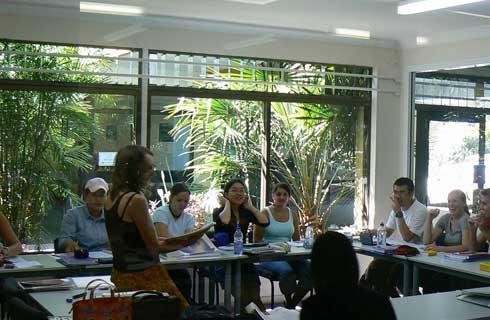
Graduate Diploma in Clinical Dentistry - Advanced Restorative
学历文凭
Graduate Diploma
开学日期
课程费用总额


城市和区域规划研究生文凭
学历文凭
Graduate Diploma
开学日期
课程费用总额


教育硕士
学历文凭
Masters Degree (Coursework)
开学日期
课程费用总额

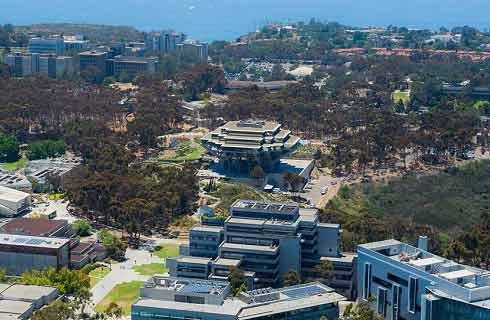
专业工程学硕士(电力)
学历文凭
Masters Degree (Coursework)
开学日期
课程费用总额

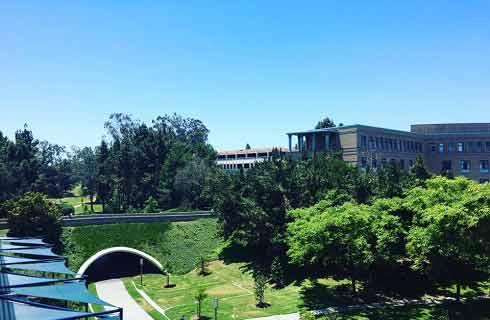
专业工程学硕士(电信)
学历文凭
Masters Degree (Coursework)
开学日期
课程费用总额

其他相关课程

商业信息系统学士(荣誉学位)
 伍伦贡大学
伍伦贡大学泰晤士高等教育世界大学排名:247
学历文凭
Bachelor Degree with Honours
开学日期
课程费用总额


空间科学技术研究生文凭-地理信息系统。
 南昆士兰大学
南昆士兰大学学历文凭
Graduate Diploma
开学日期
课程费用总额

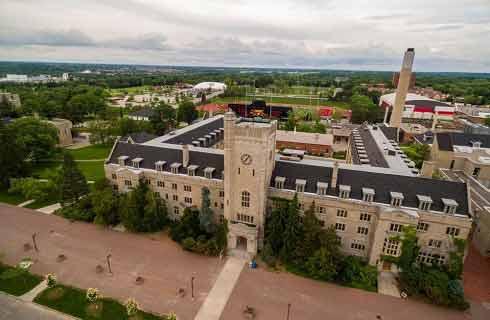
哲学博士(信息系统)
 斯威本科技大学
斯威本科技大学泰晤士高等教育世界大学排名:282
学历文凭
Ph.D.
开学日期
课程费用总额

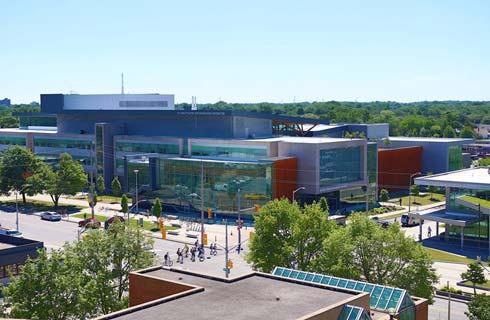
生物信息学研究硕士
 南澳大学
南澳大学学历文凭
Masters Degree (Research)
开学日期
课程费用总额


地理信息科学研究硕士
 南澳大学
南澳大学学历文凭
Masters Degree (Research)
开学日期
课程费用总额

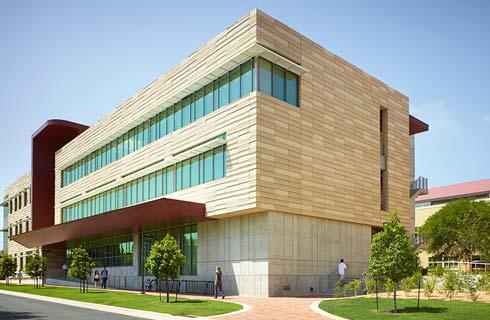
商业信息系统学士/商业学士
 斯威本科技大学
斯威本科技大学泰晤士高等教育世界大学排名:282
学历文凭
Dual Degree
开学日期
课程费用总额










